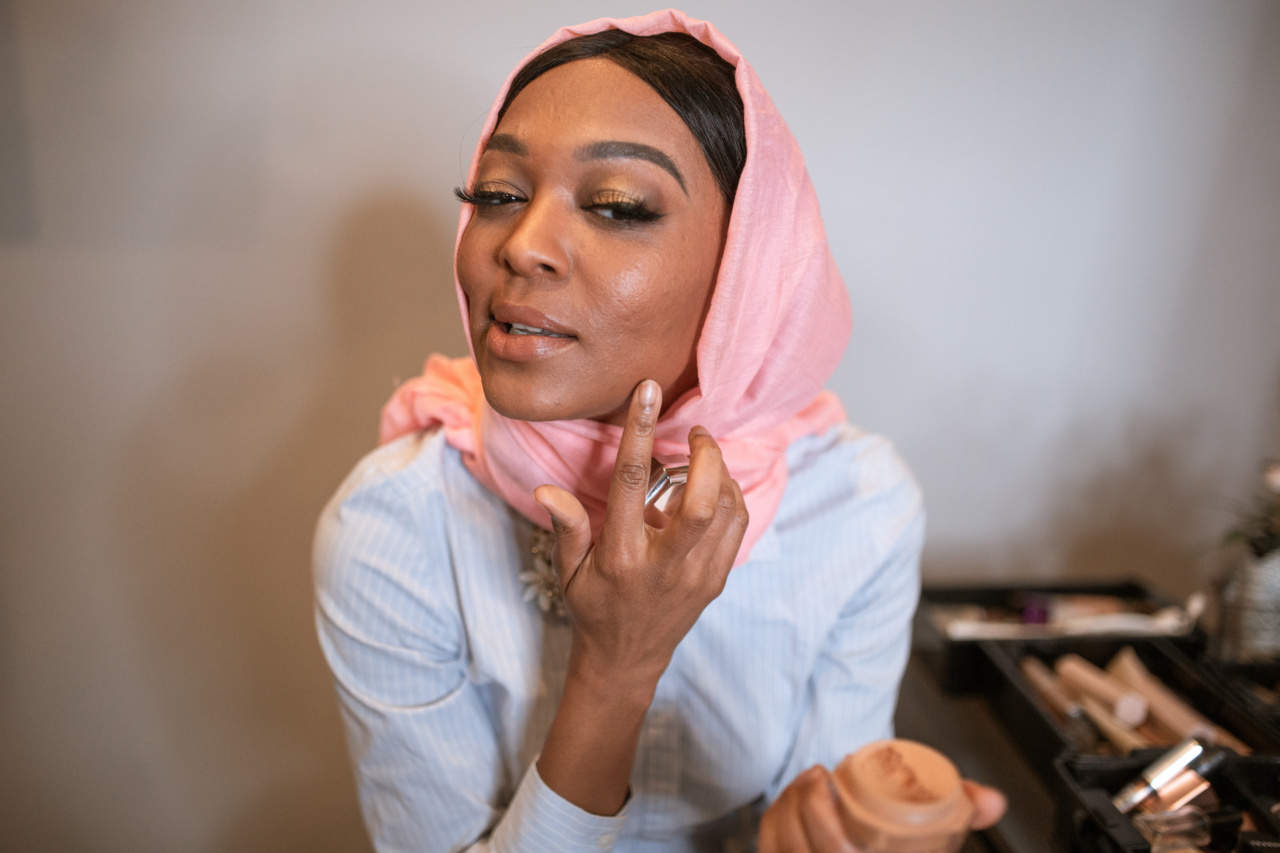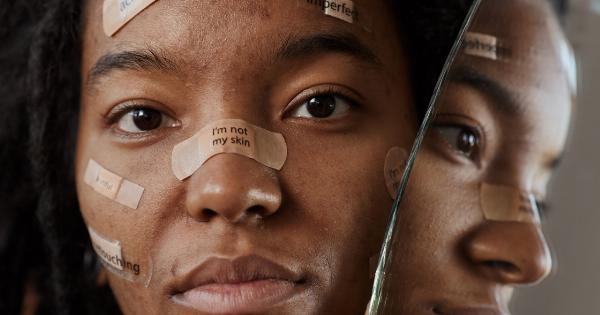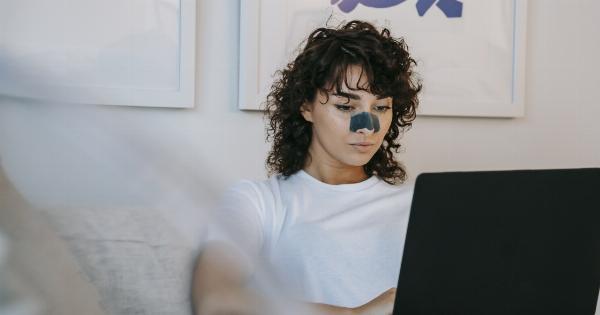Pimples are a common skin condition that most of us have experienced at some point in our lives. They typically occur when oil and dead skin cells clog your pores, leading to bacterial growth and inflammation.
While most pimples clear up on their own within a few days or weeks, some can stubbornly linger for months or even years. Here are some reasons why your pimple won’t go away:.
1. You’re Using the Wrong Products
Using the wrong skincare products can worsen acne and lead to pimples that won’t go away. Some skincare products contain ingredients that can trigger breakouts, such as comedogenic ingredients that clog your pores.
It’s important to use non-comedogenic products that won’t exacerbate your acne. Additionally, using harsh cleansers, exfoliators, or toners can irritate your skin and make acne worse. Instead, use gentle, non-drying products that won’t strip your skin of its natural oils.
2. You’re Not Cleansing Properly
Proper cleansing is essential for preventing and treating acne. If you’re not cleansing your skin properly, dirt and oil can accumulate on your skin’s surface, leading to clogged pores and pimples.
It’s important to cleanse your skin thoroughly twice a day, using a gentle, non-comedogenic cleanser. Avoid scrubbing your skin too harshly, as this can irritate your skin and exacerbate acne. Also, make sure to rinse your face with lukewarm water to remove all traces of cleanser.
3. You’re Picking or Squeezing Your Pimples
Picking or squeezing your pimples is a surefire way to make them worse and prolong their healing time. When you pick or pop a pimple, you can introduce bacteria into the pore, leading to more inflammation and a longer healing time.
Additionally, picking at your skin can cause scarring and dark spots, which can be difficult to treat. It’s best to let your pimples heal on their own, using spot treatments or acne patches to help reduce inflammation and redness.
4. Hormonal Changes
Hormonal changes can also contribute to the development of stubborn pimples. Hormonal acne is usually characterized by deep, cystic pimples that don’t respond to topical treatments.
Hormonal changes can occur during puberty, pregnancy, menstruation, and menopause, and can lead to an increase in sebum production and inflammation. If you suspect that your acne is hormonal, it’s important to talk to your healthcare provider about treatment options.
5. Your Diet
What you eat can also affect your skin’s health. Diets high in sugar, dairy, and processed foods can contribute to acne breakouts by promoting inflammation and hormonal imbalances.
Additionally, studies have shown that diets rich in antioxidants, omega-3 fatty acids, and fiber can help reduce the frequency and severity of acne breakouts. Try incorporating more fruits, vegetables, and healthy fats into your diet to support clear, healthy skin.
6. Stress
Stress can also play a role in the development of acne breakouts. When you’re stressed, your body releases hormones like cortisol, which can increase sebum production and inflammation.
Additionally, stress can make it harder for your skin to heal, prolonging the lifespan of your pimples. To reduce stress, try incorporating stress-reducing practices like yoga, meditation, or deep breathing into your daily routine.
7. Genetics
Finally, genetics can also play a role in the development of stubborn pimples. Some people are simply more prone to acne breakouts than others, due to genetic factors like skin type and hormone levels.
If you have a family history of acne or have struggled with acne for years, it’s important to be patient and persistent with your treatment plan.
In conclusion, pimples can be frustrating to deal with, but they are a common and treatable skin condition.
By using non-comedogenic products, cleansing properly, avoiding picking or squeezing your pimples, addressing hormonal imbalances, eating a healthy diet, reducing stress, and being patient with your treatment plan, you can help clear up stubborn pimples and achieve clear, healthy skin.



























